The Lost City of Atlantis: Unveiling Secrets & Mysteries.
PLATO AND THE SECRETS OF ATLANTIS.
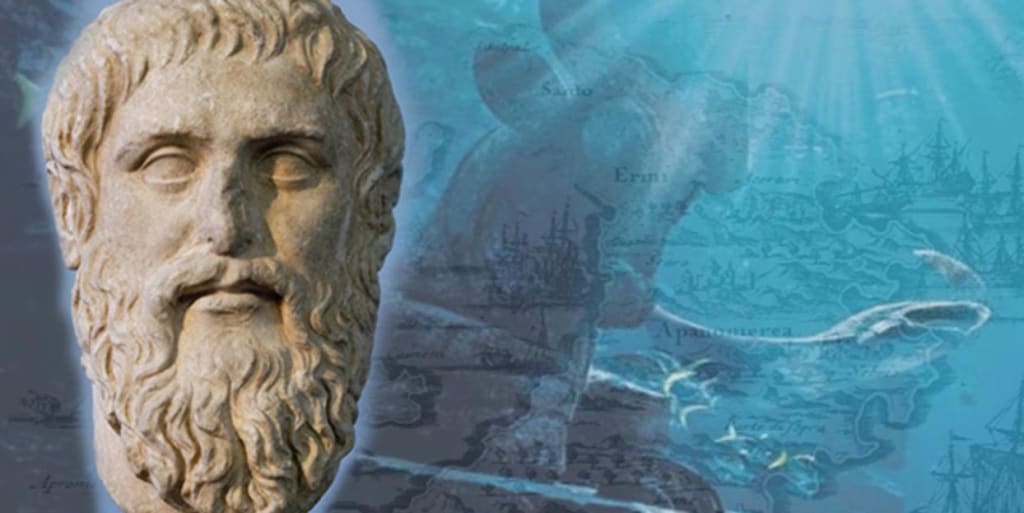
Atlantis is the legendary lost city that has captivated people's imagination for centuries. It was initially enlightened by the Greek philosopher Plato, according to him, Atlantis was a great civilization that existed more than 11,600 years ago and was vanished from the earth due to a devastating catastrophe. From then on, Atlantis became a very widely known mystery. Many archaeologists and scientists devoted a span of their life in search of 'The Lost City of Atlantis'. But what do we really know about this mysterious city and its empire? Let's take a closer look.
WHO WAS PLATO?
Plato was a renowned ancient Greek philosopher who lived from 428/427 BC to 348/347 BC. He is widely regarded as one of the most important figures in the development of Western philosophy, and his ideas have had a profound influence on Western thought and culture. Plato was a student of Socrates and the teacher of Aristotle, and his dialogues are among the most influential works in the history of philosophy.
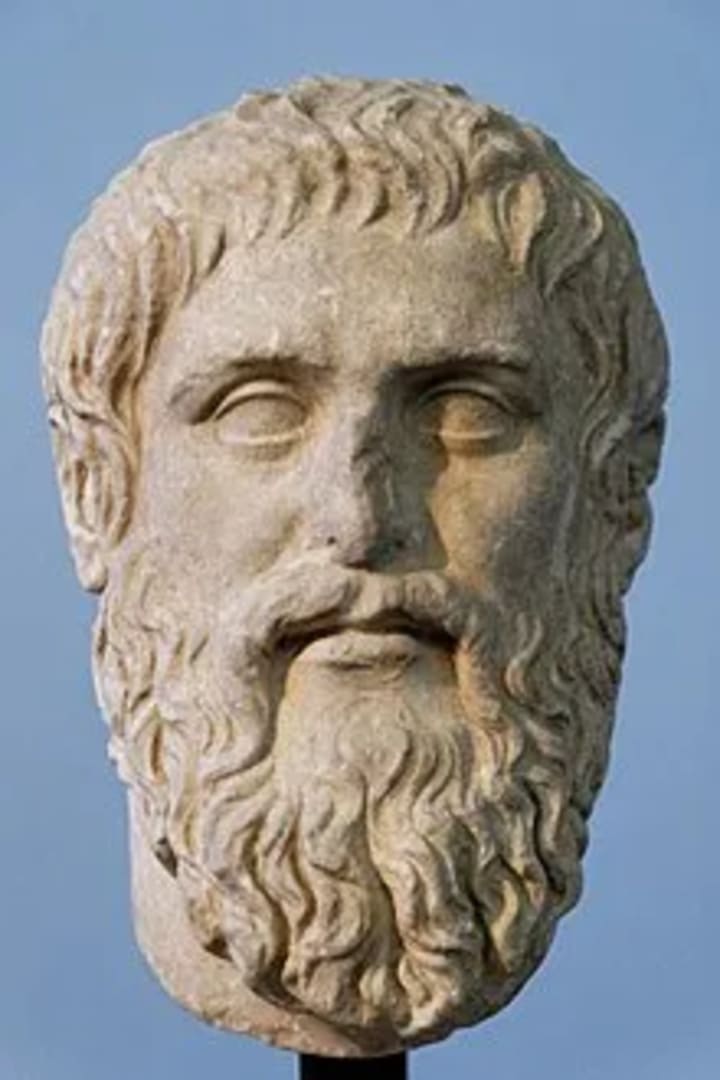
ADVANCEMENT OF ATLANTIS:
First, let's explore the structure of Atlantis and its empire. According to the accounts of Plato, Atlantis was a highly advanced and prosperous civilization with an elaborate social and political structure. The people of Atlantis were said to have been skilled in agriculture, engineering, and architecture, and they had access to advanced technologies. They were also known for their military might, with a powerful navy and a highly organized army. The city itself was said to have been adorned with beautiful temples, palaces, and gardens, and was surrounded by rings of water and land. They were one of the only empires that had an abundance of gold and metal at their time.
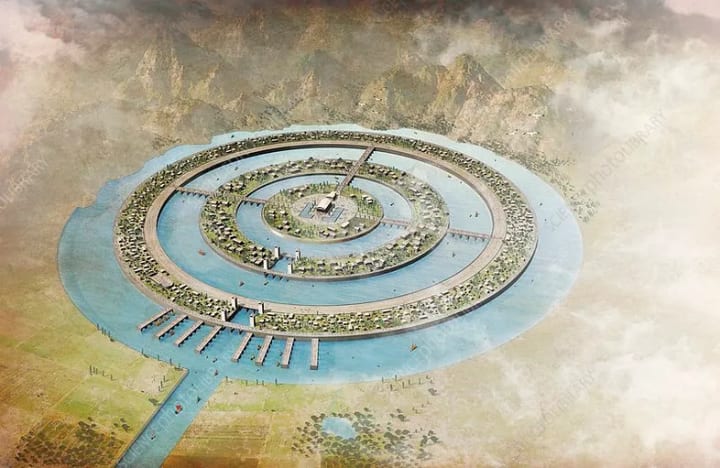
PLATO, HIS ANCESTORS & SOLON: HOW THEY LEARNED ABOUT ATLANTIS?
Plato's point of view on Atlantis is a crucial aspect of the story. In his dialogues, Timaeus and Critias, Plato provide a vivid and descriptive presentation of Atlantis. He describes it as a powerful and prosperous empire that was eventually destroyed in a single day and night of catastrophic earthquakes and floods. The story is fascinating, but is it true? To understand the origins of the Atlantis story, we need to delve into the background of Solon, Plato's ancestors, and their connection. Solon was a renowned Athenian statesman and lawmaker who lived in the 6th century BCE. According to Plato, he got to know about Atlantis from his grandfather who heard this from Solon. Solon learned about Atlantis during his travels to Egypt from Egyptian priests who said that this catastrophic event and destruction of Atlantis happened 9000 years ago according to today's time 11,600 years ago. This connection to ancient Egypt adds a new layer of complexity to the Atlantis story.
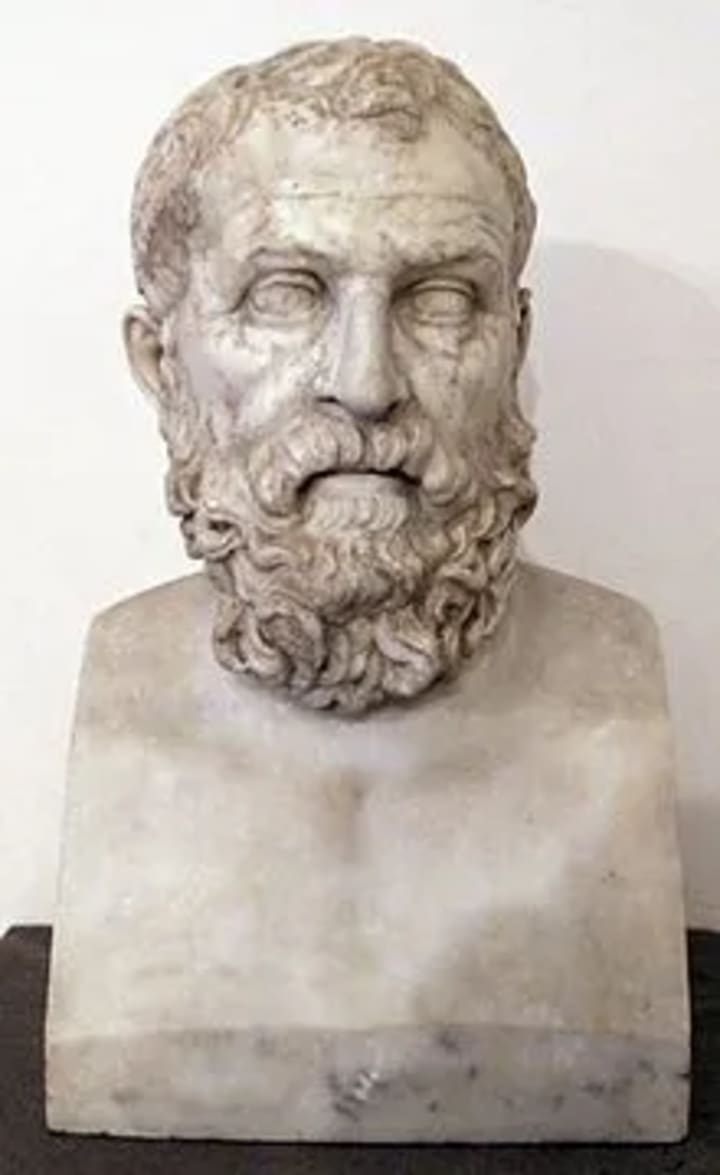
DOES HISTORY SUPPORT ATLANTIS?
Plato mentions Atlantis in his dialogues, Timaeus and Critias, but how accurate are his accounts of this ancient civilization? Many modern-day scientists and archaeologists have questioned the validity of Plato's story. According to them, the story of Atlantis is nothing but an imagination of Plato who is constructing these stories. They argue that there is no concrete evidence to support the existence of Atlantis or the disappearance of any empire or city. However, recent research has suggested a possible connection between Atlantis and a global catastrophe that occurred 11,600 years ago, known as meltwater pulse 1B. This event resulted in a rapid sea-level rise, which could have had a significant impact on coastal civilizations, including Atlantis.
you can read about world's first temple: Gobekli Tepe here.
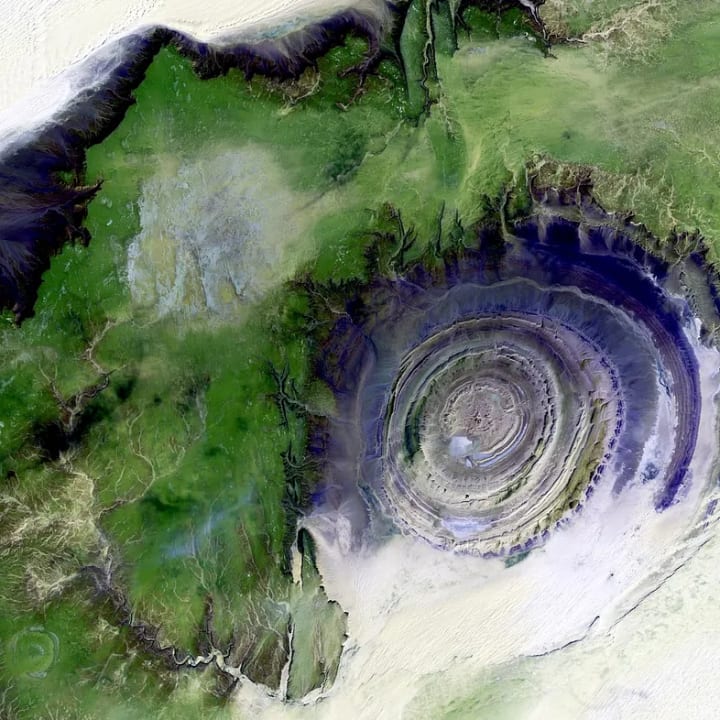
GEOLOGICAL SUPPORT FOR PLATO:
Geological evidence also supports Plato's claim of a lost civilization. The Richat Structure, also known as the Eye of the Sahara, is a geological formation in Mauritania that bears a striking resemblance to Plato's description of Atlantis. The structure's concentric rings and central depression have led some to speculate that it could be the remains of the lost city. The mountains' position that he described is also on-point. Furthermore, the geological similarities between the Richat Structure and the city of Atlantis suggest that there may have been a connection between the two. While the evidence is not conclusive, it is certainly intriguing.
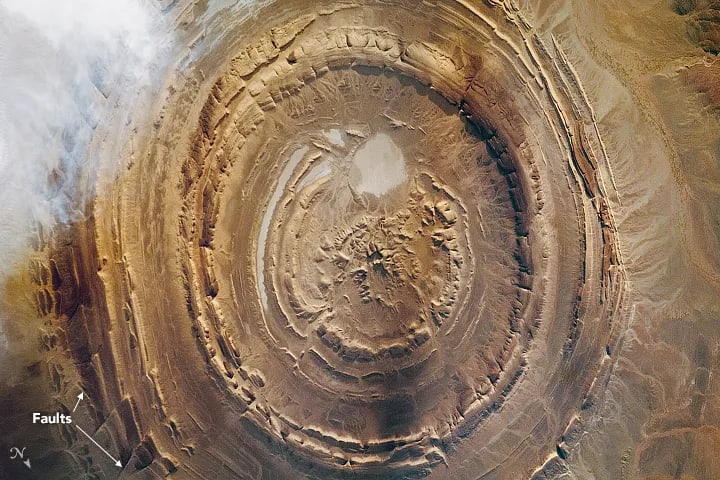
WHAT DOES THE FATHER OF HISTORY SAY ABOUT THIS?
But what about Herodotus? Does he provide any support for Plato's story of Atlantis? While Herodotus does not specifically mention Atlantis, he does describe a lost city known as Erythia, which some scholars believe could be a reference to Atlantis. He also mentioned in his map a land area as Atlas which is modern-day Mauritania specifically; Richat Structure.
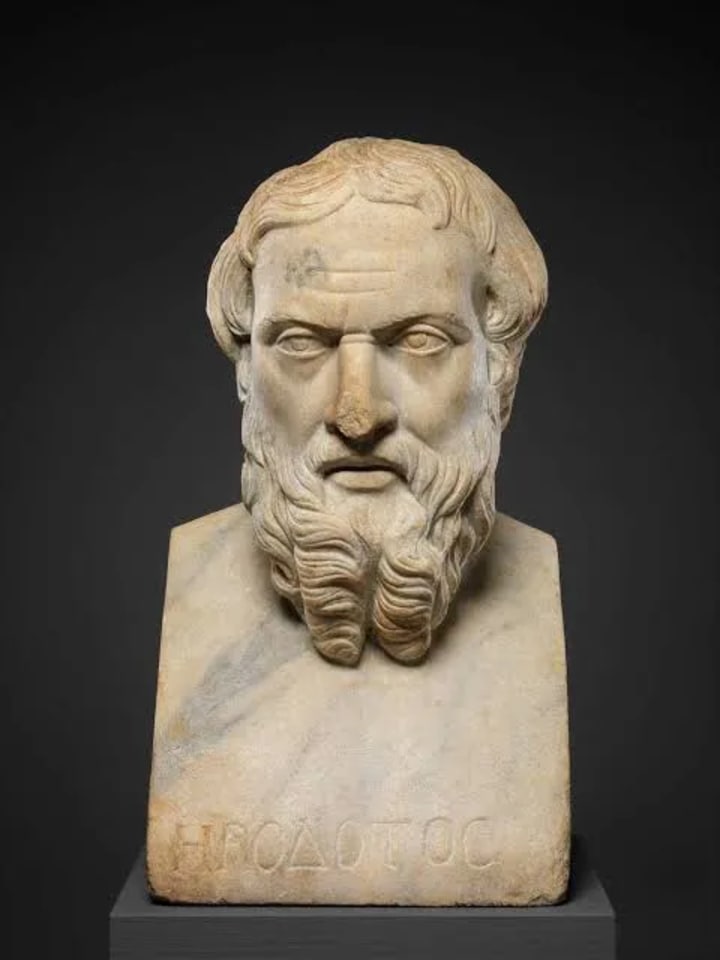
SHOULD WE BELIEVE PLATO OR NOT?
Even when the story of Atlantis and Plato does not provide rock-solid evidence why do so many people believe it? It is a real question. The answer is his perfect history and geological pieces of evidence which strengthens his claim. It is up to you whether you should believe it or not but I think we should wait a bit before picking a side because Richat Structure is not being completely explored because of harsh weather. Hopefully, it will be soon researched and unveil this mystery more clearly.
WRAPPING:
Nevertheless, the Atlantis story continues to fascinate people all over the world. Whether or not it is true, the tale of Atlantis reminds us of the power of human imagination and our eternal quest for knowledge and understanding. In conclusion, the story of Atlantis is shrouded in mystery and intrigue. While there is no concrete evidence to support the existence of this legendary city, the geological and historical evidence is certainly intriguing. Whether Atlantis was a real place or simply a product of human imagination, it has captured our collective.
*If you liked the story you can support me by tipping here or by liking commenting & subscribing this will help me to keep going a creating more content like this. TY*






Comments
There are no comments for this story
Be the first to respond and start the conversation.